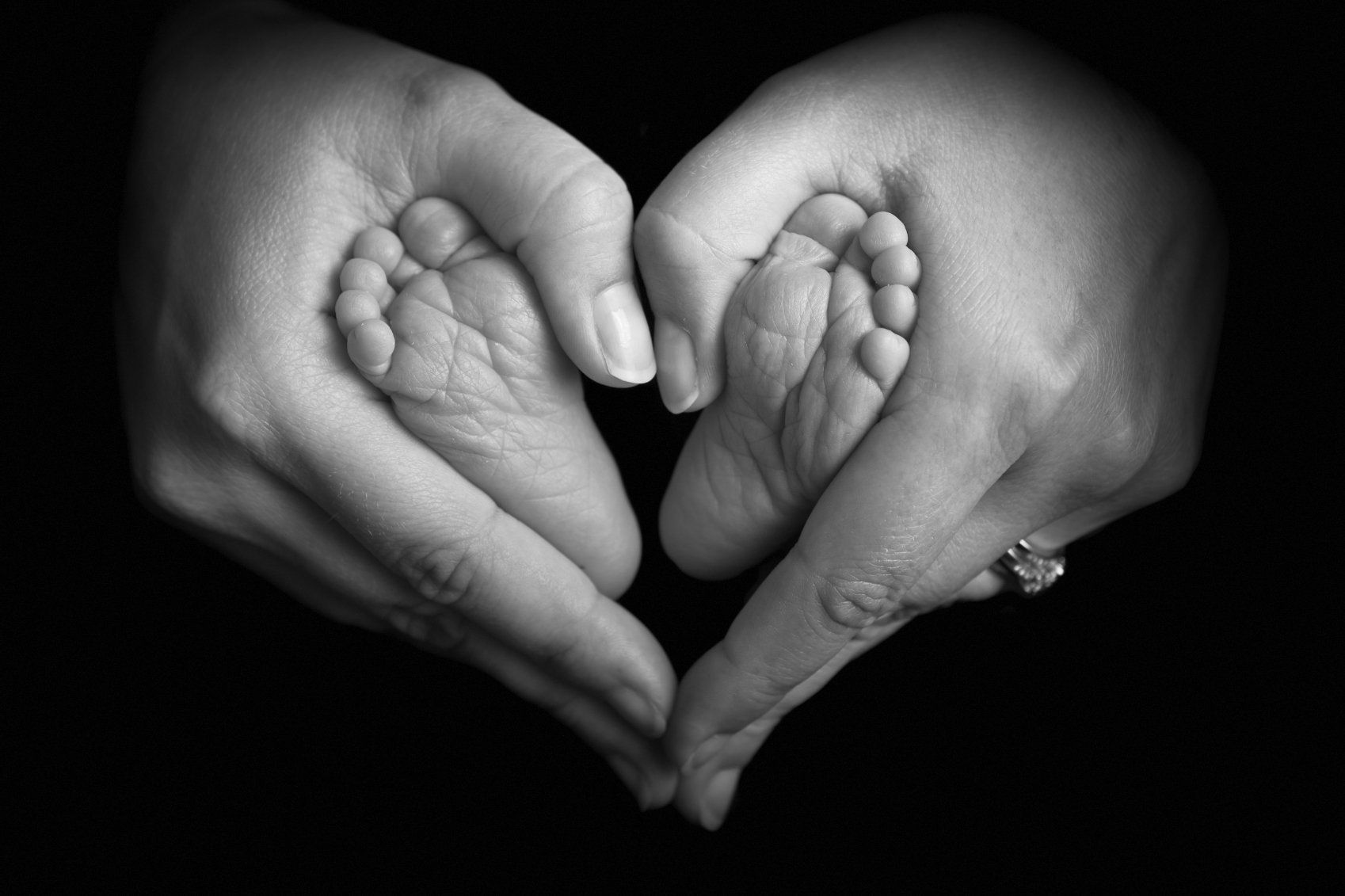Professional Interests
The Paradoxical Theory of Change
Change occurs when one becomes what he is, not when he tries to become what he is not.
Arnold Beisser
Consider first the well worn phrase 'The new me starts tomorrow!' Next consider the often ongoing battle to fulfil that wish!
This usually occurs because the steps towards really discovering who we are and why we are stuck are not yet fully in our awareness.
When we become aware and begin to accept ourselves as we are, change occurs. A curious paradox indeed and one we may feel ourselves jar at the thought of, but research has proven that when we understand ourselves in this way, this can create long lasting change, as opposed to quick fixes that simply cannot be sustained.
In sessions I will support you to really slow down and pay close attention to yourself - a powerful tool to help you reconnect with who and 'how' you are.
We will work with your 'process' (your learned ways of surviving best in the world) and I will help you discover the purpose of your current ways of being and behaviours, and how they have worked to serve you well.
When we understand this together, and with emerging awareness, we can then begin to experiment with more supportive ways of being
to help you find the sense of satisfaction and wellbeing in life you seek.
I am passionate about working with clients in this way to help them discover the truths of their experience and what may be working against their innate knowing about how best they can nourish themselves, grow and thrive.
Attachment Bonds
The propensity to make strong emotional bonds to particular individuals [is] a basic component of human nature.
John Bowlby
British psychologists Bowlby and Ainsworth discovered that
our early attachment patterns (the earliest emotional bonds formed by children with their caregivers) can have a lasting impact throughout our lives and can serve as a working model for our relationships into adulthood.
Our attachment styles can affect everything from our choice of partner, to how our relationships flow or end. They can affect how we interact with our children, our friends and families, our possessions, our jobs, our interest in activities...the list goes on!
I am interested in working with clients to raise awareness of their attachment histories and how they may be impacting their lives in terms of the issues they bring to therapy, as well as working experientially and relationally with them to help them find more satisfying choices.
Working with Trauma
Trauma is much more than a story about the past that explains why people are frightened, angry or out of control. Trauma is re-experienced in the present, not as a story, but as profoundly disturbing physical sensations and emotions that may not be consciously associated with memories of past trauma...The challenge in recovering...is to learn to tolerate feeling what you feel and knowing what you know without becoming overwhelmed. There are many ways to achieve this, but all involve establishing a sense of safety and the regulation of physiological arousal.
Bessel van der Kolk
My interest is in being with clients, supporting the identification of their triggers and supporting toleration and regulation of their feelings and helping them find a greater sense of balance in their lives as they begin to reclaim them.
I have trained with psychotherapist/trauma author Miriam Taylor in this field and integrate my interest in the trauma models of psychotherapists James Kepner, Janina Fisher and Deirdre Fay into my working practices also.


